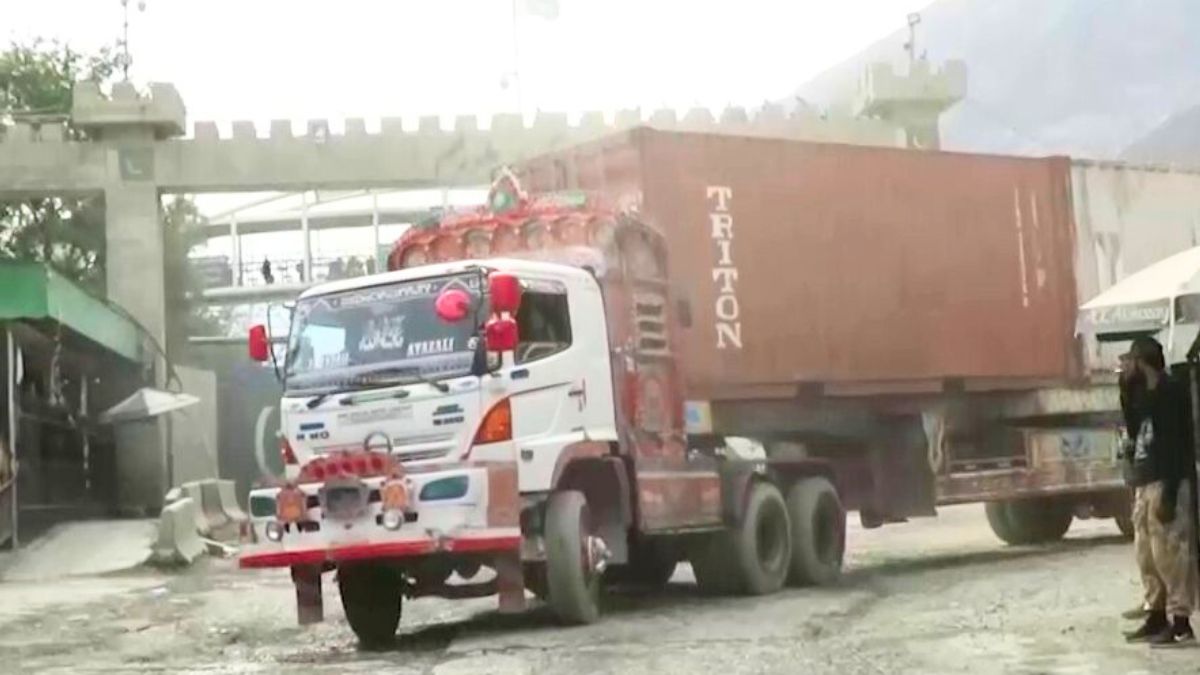The Torkham Crossing, a vital trade gateway between Afghanistan and Pakistan, is currently facing significant challenges that are disrupting Afghan exports. Situated in the Khyber Pass, this border crossing is a crucial conduit for goods travelling from landlocked Afghanistan to global markets via Pakistan’s ports. The Torkham Border is strategically important for regional trade and logistics, as it is one of the main land routes between the two countries.
Recent reports highlight a range of issues affecting the crossing. Prolonged delays and bureaucratic hurdles are increasingly common, creating a bottleneck for Afghan traders. The congestion at Torkham has led to extended waiting times for cargo, escalating costs and uncertainty for businesses reliant on timely exports.
Additionally, recent security concerns and political tensions between Afghanistan and Pakistan have exacerbated the situation, with heightened scrutiny and stringent regulations further complicating trade operations.
For Afghan exporters, the Torkham Crossing represents a critical outlet for goods such as fruits, vegetables, and textiles. The current disruptions threaten not only their financial stability but also the broader economic health of Afghanistan, which relies heavily on trade for revenue and job creation.
In response to these challenges, both Afghan and Pakistani authorities are under pressure to find solutions. Efforts to streamline border procedures, enhance infrastructure, and improve security protocols are essential to restoring smooth trade flows. Furthermore, engaging in diplomatic dialogue to address and mitigate political tensions could play a key role in alleviating the current strain on the crossing.
Without timely intervention, the ongoing issues at Torkham Crossing will likely continue to hamper Afghan exports, posing serious risks to the economic well-being of Afghanistan and undermining regional trade relations.

